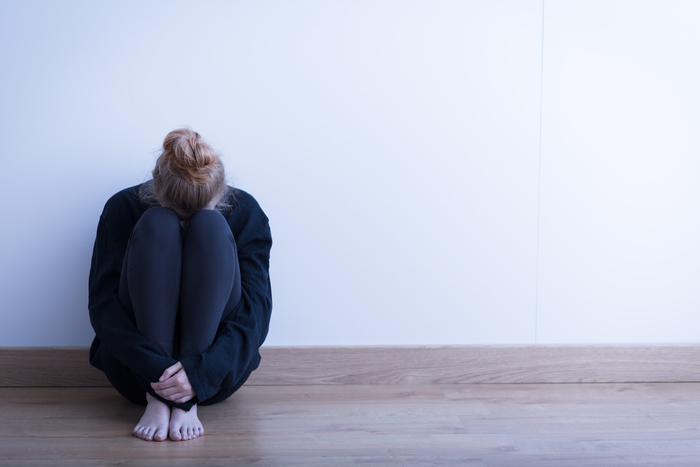More than one in 7 teenagers between the ages of 10 and 19 live with a mental disorder diagnosed and among these 89 million are boys and 77 million girls. A discomfort that can sometimes become unbearable and that leads almost 46,000 teenagers every year to take their own lives every year, more than one every 11 minutes. Unicef has sounded the alarm through the report “The condition of childhood in the world – In my mind: promoting, protecting and supporting the mental health of children and young people”, presented today.
Anxiety and depression account for 40% of diagnosed mental disorders and the percentage rates are highest in the Middle East and North Africa, North America and Western Europe. In some cases, the mental distress is such that it leaves young people feeling like they have no way out. And so suicide is, in the world, one of the top five causes of death between 15 and 19 years but in Western Europe it becomes the second, with 4 cases out of 100,000, after road accidents.
Diagnosed mental health issues, including ADHD, anxiety, autism, bipolar disorder, conduct disorder, depression, eating disorders and schizophrenia, harm children as well as society as a whole. A new analysis from the London School of Economics in the report indicates that the lack of contribution to economies due to mental health problems leading to disability or death among young people is estimated at nearly $ 390 billion annually.
In the face of this, “governments are investing too little to address these basic needs,” said UNICEF Director General Henrietta Fore. Globally, in fact, about 2% of government health funds are allocated to mental health interventions.
“Too little compared to necessity,” warns the report.
One in 5 young people between the ages of 15 and 24 report that they often feel depressed or have little interest in carrying out activities. And the very young “could feel the impact of Covid-19 on their mental health and well-being for many years to come”. Estimating the psychological cost of the pandemic are the first results of a survey conducted by Unicef and Gallup in 21 countries and presented in the new Unicef report “The condition of childhood in the world – In my mind: promoting, protecting and supporting the mental health of children and young people, “presented today. According to the latest data available from UNICEF, globally, at least 1 in 7 children have been directly affected by lockdowns, while more than 1.6 billion children have lost part of their education due to school closures. Disruption of routine, education, recreational activities, as well as concerns about family income and health, the report explains, makes many young people frightened, angry and worried about their future. “It has been 18 long months for all of us, especially for the children. With the lockdown – said UNICEF Director General Henrietta Fore – at the national level and the restrictions on movement linked to the pandemic, the children have spent indelible years of their life away from family, friends, classrooms, games, key elements of childhood itself “. Not only. The impact of the pandemic on mental health “is just the tip of the iceberg. Even before the pandemic – he concludes – too many children were burdened with unaddressed mental health problems.”
